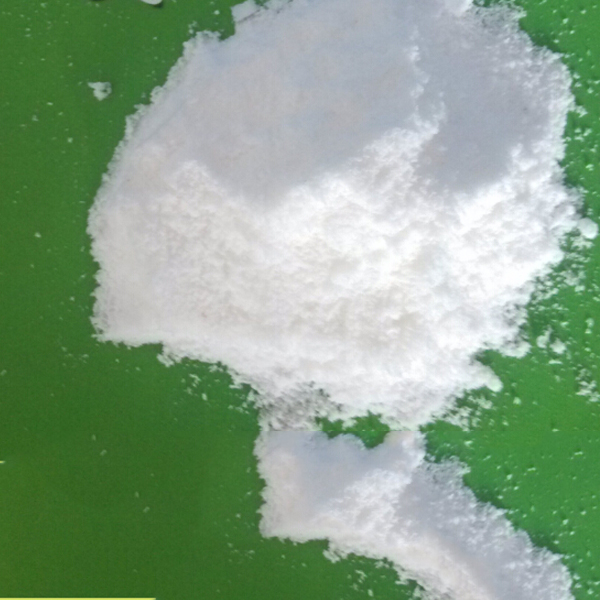
News
aŭg . 29, 2024 07:56 Back to list
Chelating Agent Manufacturer - High-Quality Chelating Agents for Diverse Applications
Understanding Chelating Agents Definition, Role, and Manufacturers
Chelating agents, also known as chelators, are chemical compounds capable of binding to metal ions in a stable, complex formation. The term chelating is derived from the Greek word chele, which means claw, reflecting the way these agents grasp and hold onto metal ions. These agents play a crucial role in various fields, including medicine, agriculture, and environmental science, due to their ability to facilitate the removal or mobilization of metal ions.
At the core of their functionality, chelating agents form multiple bonds with a single metal ion, creating a ring-like structure that enhances stability. This property enables them to effectively sequester metals, preventing their participation in unwanted chemical reactions. For instance, in medical applications, chelators are used to treat heavy metal poisoning by binding to toxic metals like lead or mercury, thereby aiding in their excretion from the body. Common chelating agents used in such treatments include ethylenediaminetetraacetic acid (EDTA) and dimercaptosuccinic acid (DMSA).
In agriculture, chelating agents are instrumental in enhancing nutrient bioavailability. Many essential nutrients, such as iron, zinc, and manganese, exist in forms that plants cannot easily absorb. By forming complexes with these metal ions, chelators increase their solubility, enabling plants to uptake these vital nutrients. This application not only improves crop yields but also promotes sustainable agricultural practices by reducing the need for excessive fertilization.
In environmental science, chelating agents are employed in soil remediation and water treatment processes. They help in mobilizing heavy metals from contaminated sites, allowing for their extraction or immobilization. This capability is crucial for cleaning up polluted environments and ensuring the safety of water resources.
chelating agent definition manufacturer

As the demand for chelating agents grows, numerous manufacturers are striving to produce these essential compounds. Companies specializing in chemical production are continually developing novel chelators that cater to specific industry needs. Leading manufacturers invest in research and development to enhance the efficiency and specificity of chelating agents, ensuring they are both effective and environmentally friendly.
For example, some manufacturers focus on biodegradable chelating agents that minimize environmental impact while still providing robust performance. Additionally, advancements in green chemistry have spurred the development of chelators derived from renewable resources, aligning with global sustainability goals.
The market for chelating agents is diverse, encompassing various sectors, including pharmaceuticals, agriculture, food processing, and industrial applications. As industries evolve, the role of chelating agents becomes increasingly vital in addressing the challenges posed by metal ion toxicity and nutrient availability.
In conclusion, chelating agents are indispensable tools in modern science and industry, facilitating the management of metal ions across various applications. Understanding their definition, function, and the manufacturers behind them is essential for appreciating their significance in health, agriculture, and environmental management. The ongoing innovation in this field promises to yield even more effective and sustainable chelating solutions, further underscoring their importance in our daily lives.
-
Polyaspartic Acid Salts in Agricultural Fertilizers: A Sustainable Solution
NewsJul.21,2025
-
OEM Chelating Agent Preservative Supplier & Manufacturer High-Quality Customized Solutions
NewsJul.08,2025
-
OEM Potassium Chelating Agent Manufacturer - Custom Potassium Oxalate & Citrate Solutions
NewsJul.08,2025
-
OEM Pentasodium DTPA Chelating Agent Supplier & Manufacturer High Purity & Cost-Effective Solutions
NewsJul.08,2025
-
High-Efficiency Chelated Trace Elements Fertilizer Bulk Supplier & Manufacturer Quotes
NewsJul.07,2025
-
High Quality K Formation for a Chelating Agent – Reliable Manufacturer & Supplier
NewsJul.07,2025
